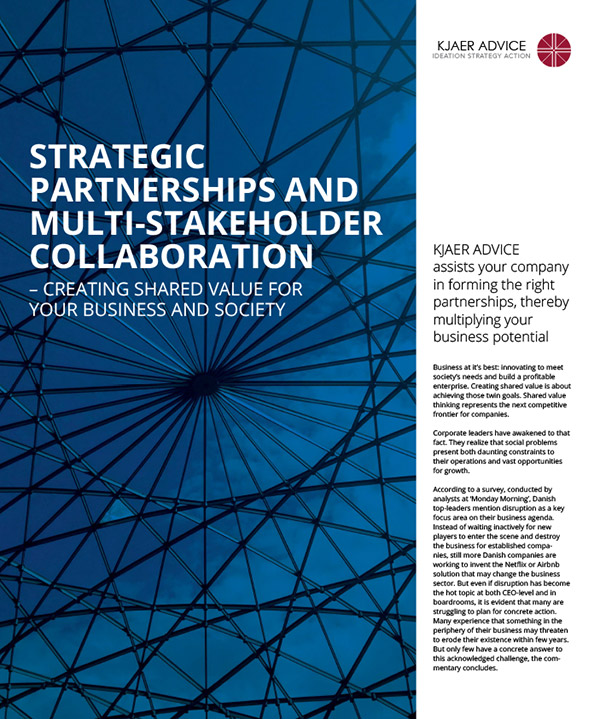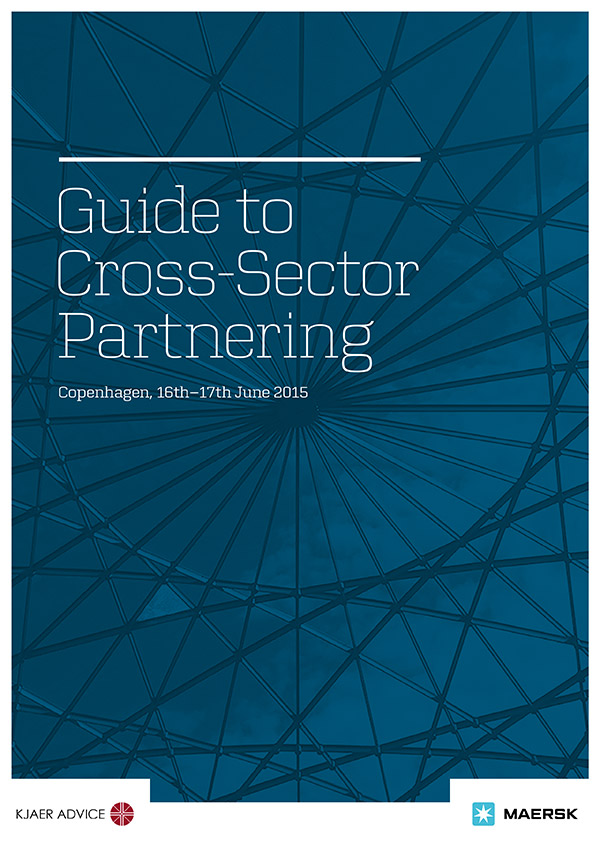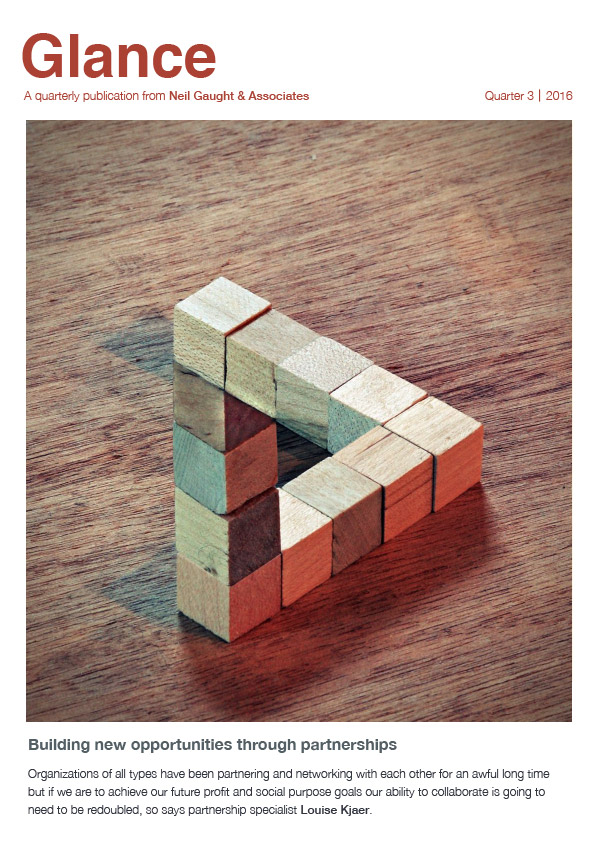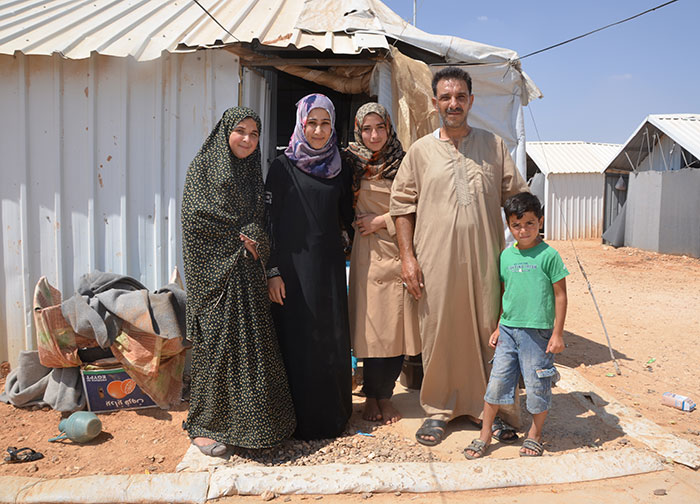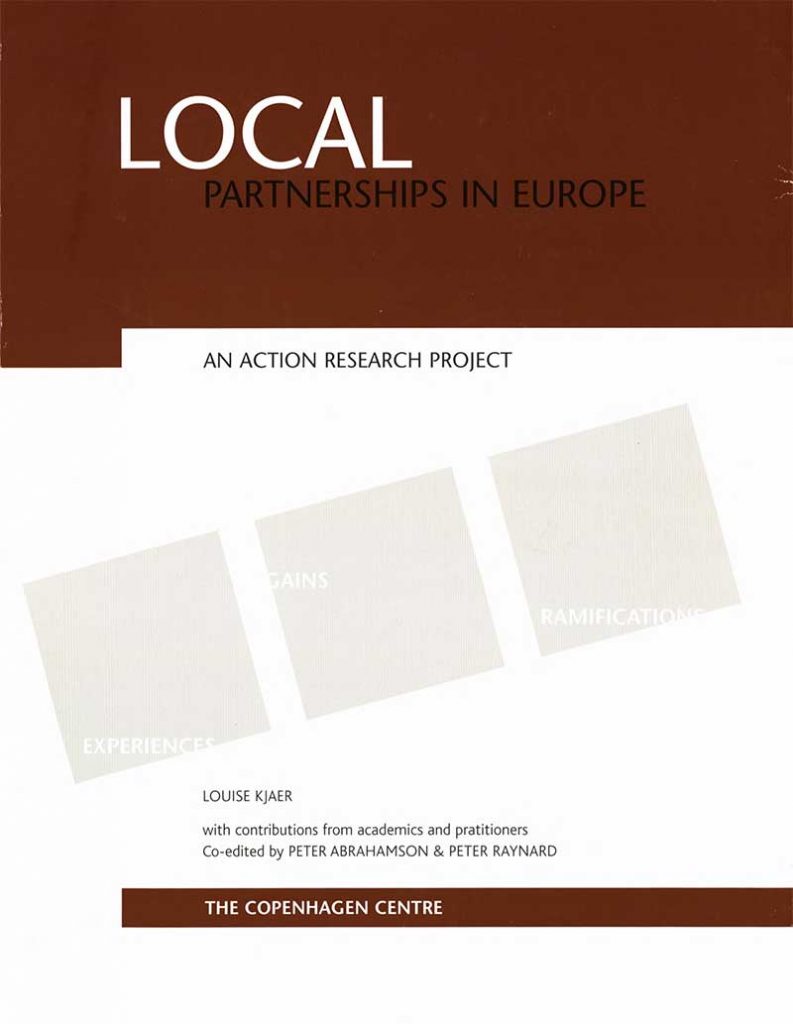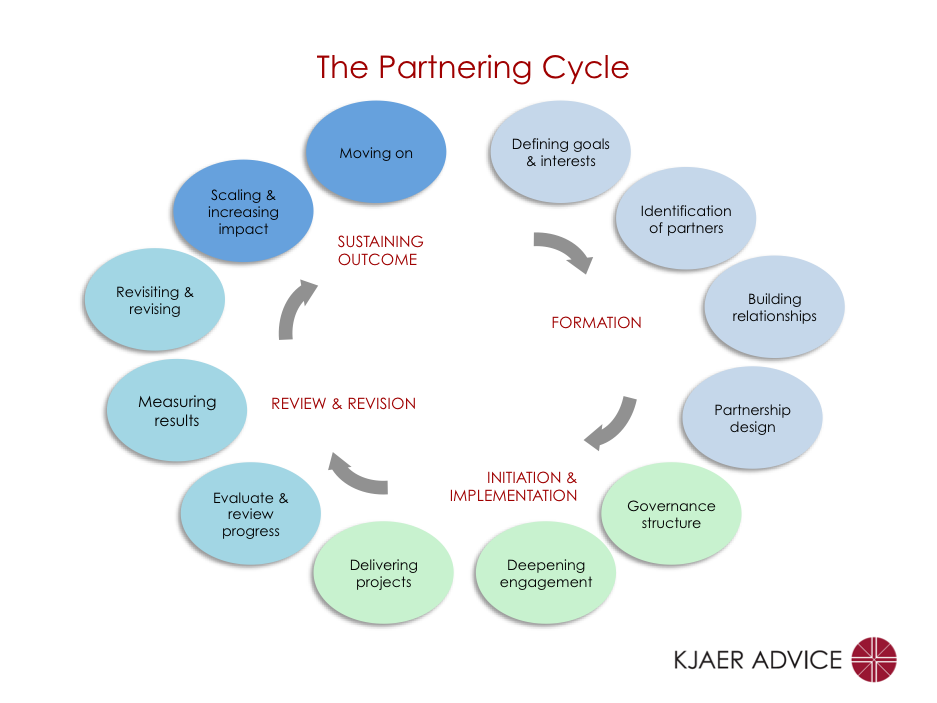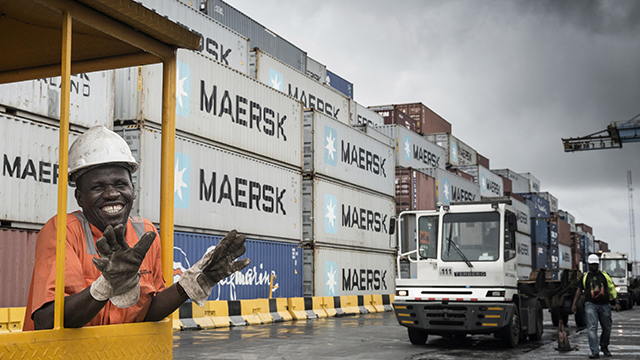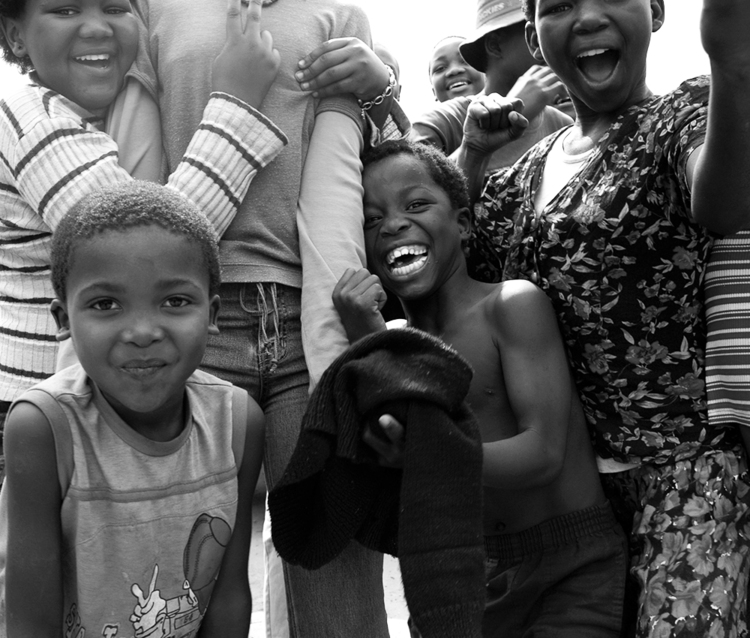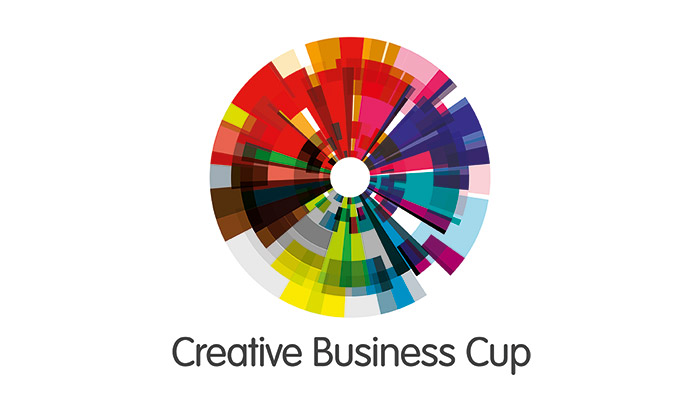
Resources
TECH AND HUMAN RIGHTS
The Danish Institute for Human Rights (DIHR) has determined a need to understand the role of tech and Human Rights in an era of digital transformation, for the following reasons:
People all over the world are increasingly using the internet to interact, communicate, work, learn and realize their rights, and at the same time states rely more and more on the internet and digital tools to deliver basic services through e-governance initiatives.
But there are both opportunities and risks associated with digital solutions. Critical issues include unequal access to the internet, privacy violatons, attacks on people for exercising their rights online, etc.
KJAER ADVICE has over a year (2018-19) worked as strategic advisor to determine how global digital trends are impacting on human rights and indeed how DIHR can prepare to meet future requirements from clients and collaboration partners related to strategic use of digital solutions.
The catalogue of ideas is one of the results of desk research, multi-sector stakeholder consultation and collaboration with a designated human rights specialists.
Multi-Stakeholder Collaboration – Creating Shared Value for Business and Society
Business at it’s best: innovating to meet society’s needs and build a profitable enterprise. Creating shared value is about achieving those twin goals. Shared value thinking represents the next competitive frontier for companies. Corporate leaders have awakened to that fact. They realize that social problems present both daunting constraints to their operations and vast opportunities for growth.
Companies can take action to change the world – right now.
September 2015, world leaders have adopted a set of Sustainable Development Goals (SDGs) to be achieved by the year 2030: 17 ambitious goals– ranging from ending extreme poverty to combatting climate change – that apply equally to every country. Reaching these ambitious goals will require multi-stakeholder partnerships between business, NGO, government, the UN and communities. For companies, the SDGs bring opportunities to establish new markets, answer new customers’ unmet needs, and ultimately create shared value. The SDGs point to tremendous untapped market opportunities existing in the world’s greatest challenges.
BUT WHERE TO START?
For companies and industries just beginning to think about the global goals, KJAER ADVICE has published 10 top picks for industry-specific agendas that could rapidly advance the achievement of the goals.
Guide to Cross-Sector Partnering
Partnership collaboration between governments, the private sector and civil society is today seen as central to achieving global sustainable development. The hypothesis underpinning the partnership approach is that only with comprehensive and widespread cross-sector collaboration can we ensure that sustainable development initiatives are imaginative, coherent and integrated enough to tackle the most intractable problems.
Partnership collaboration may be seen as a new vehicle to develop ways of sharing good practice, building an enabling environment, and developing skills and capacities across sectors.
KJAER ADVICE has authored a tailor-made Guide to Cross-Sector Partnership for A.P. Moller – Maersk. Partnership collaboration provides a new opportunity for Maersk to do business by aligning their business goals and execution approach with public sector’s interests and aim to develop society and economies – by recognizing the qualities and competencies of each sector and finding ways of harnessing these – thereby creating shared value for all.
The Partnering Guide offers essential tools for managers to get started on the challenging and rewarding journey of cross-sector partnership development.
Glance article: Building new opportunities through partnerships
Organizations of all types have been partnering and networking with each other for an awful long time but if we are to achieve our future profit and social purpose goals our ability to collaborate is going to need to be redoubled, so says partnership specialist Louise Kjaer.
Read the whole article in the link below:
From Donation to Market: Unlocking the Potential of Business-based Humanitarian Solutions
Humanitarian crises are occurring with greater frequency within the global landscape. These crises are becoming long lasting and require long-term solutions. Simultaneously, NGOs and humanitarian agencies are experiencing declining donor funding. This development—coupled with an increasing pressure on crisis-affected communities—calls for innovative solutions to tackle protracted crises by involving new actors.
The United Nations World Humanitarian Summit (WHS), taking place in Istanbul this coming May, will advocate for a global humanitarian innovation alliance. There is a need for government, and indeed business and humanitarian actors to develop new partnerships that will leverage the capabilities of all sectors.
Read the whole article in the link below:
On Course for a Better World: Partnerships in the Danish Shipping Industry – An Inspirational Guide to Engage in Partnerships
Since year 2000, the UN Global Compact has guided companies worldwide to become more sustainable in their operations. The Danish shipping industry has also acknowledged the importance and value of active engagement with the basic principles for sustainability (CSR) through their corporate activities.
For the Danish Business Authority and The Danish Shipowner’s Association, Louise Kjær has co-authored ‘On Course for a Better World: Partnerships in the Danish Shipping Industry – An Inspirational Guide to Engage in Partnerships’, jointly with Janni T. Pedersen and Global CSR.
The report intends to inspire shipping companies to strengthen their work with social, environmental and economic sustainability issues. This by creating or participating in strategic partnerships as a way of implementing CSR in their businesses.
Local Partnerships in Europe – an Action Research Project
Partnerships are today widely accepted as being part of the new landscape of welfare provision and positive societal change. Questions, however, remain: What are the practical challenges and implications? What are the potential wider societal gains? What do cross-sector partnerships mean for existing forms of government? And what impact will this all have in addressing the problem of social exclusion in Europe?
The finding from the action research project ‘Local Partnerships in Europe’ (2000–2003) are neither the beginning nor the end of the debate about partnerships. Some answers are given in the book – stemming from local tri-sector partnership examples in Spain, Ireland, Germany, Estonia, the Netherlands and Denmark – will hopefully inspire an ongoing debate.
Published by the DK-government think-tank ‘The Copenhagen Centre’, 2003.
Tools
HOW TO GO ABOUT BUILDING A PARTNERSHIP – IN PRACTICE?
Learning how to partner – some basic principles
All partnerships should be initiated on the basis of a goal or overall vision commonly agreed goal by all partners. In addition to this all partnerships need some guiding principles to hold them together. These principles should be worked out as part of the partnership-building process and agreed by all partners. If they provide the foundation upon which the partnership is built, then as things progress they will continue to provide the ‘glue’ that holds the partnership together over time.
Partnerships take a lot of effort from all those involved – in particular they take a considerable investment of time to build the quality working relationships that underpin effective collaboration. A detailed partnership agreement is recommended to ensure that all parties are in agreement about e.g. efforts, roles and responsibilities. This also helps to avoid later misunderstandings or conflict.
To build a mutually rewarding partnership is an evolving journey. KJAER ADVICE guides the successful process by provision of a series of specific partnership tools.
Cases
Cross-sector partnerships – Creating Shared Value
From Donation to Market: Unlocking the Potential of Business-based Humanitarian Solutions
Humanitarian crises are occurring with greater frequency within the global landscape. These crises are becoming long lasting and require long-term solutions. Simultaneously, NGOs and humanitarian agencies are experiencing declining donor funding. This development – coupled with an increasing pressure on crisis-affected communities – calls for innovative solutions to tackle protracted crises by involving new actors.
Partnering to break new ground
Solutions must to a greater extent incorporate sustainability and resiliency perspectives – for individuals and communities affected, as well as the countries burdened by the task of sheltering displaced populations. Types of collaborative arrangements between donors, NGOs, and private business need to be reconfigured into a business-based approach where partners jointly identify market-based needs and co-develop innovative solutions.
The rationale for each of the parties to work in partnership is clear. Companies will make money. This is a condition for their participation. Refugee communities will free themselves from being recipients of humanitarian gifts and instead seek entrepreneurial and sustainable solutions. NGOs will create added value both financially, through optimized service delivery and through new partnership accomplishments, all of which can be reinvested in the search for durable solutions for the displaced. The role of donors will be that of facilitators enabling the development of business-based efforts into sustainable solutions.
Multi-stakeholder platform for joint financing
BLUETOWN is a company that works to make modern connectivity accessible and affordable for people living in rural areas of the world. With the goal set on ‘connecting the unconnected’ it is also clear, that the rural poor end-users have very little money to pay for these new wi-fi solutions. To BLUETOWN it is has therefore been vitally important to invent new kinds of revenue streams and financing models.
Through fact-finding missions and stakeholder consultations in Ghana and Tanzania KJAER ADVICE has developed an innovative multi-partner business model. By identification of multiple sector representatives – from education or health departments within government, to agricultural associations, international trade organizations, NGOs, the banking sector, or even entertainment providers – it has been possible to co-create a platform solution, based on the philosophy that the sum of all small contributions to investment and operation costs is much bigger than the individual parts.
Partnership brokering and mediation
The international shipping company MAERSK has set itself an ambitious target of unlocking growth for society and Maersk by improving condition for business and industries to participate in global trade. Continuous trade expansion and access to global markets can help generate economic development, stimulate job creation, increase people’s income and raise living standards. This is beneficial especially in growth markets where the cost of logistics may be twice as high compared to mature markets.
Kicking off in 2014 with an ambitious strategy to run pilot projects in a number of emerging economy countries – it turned out to be business-not-as-usual.
The ambition and approach to help reduce some of the many external barriers to trade implied that new collaborative relations had to be built with a number of with local stakeholders – from government bodies, infrastructure planners to the local farmer. This not only to increase their knowledge of transport and logistics, but certainly also to make everyone understand the benefits – and commit to joint sector collaboration for shared value.
KJAER ADVICE helped to broker relations along this pioneer journey.
Strategic Partnerships
Not every business thinks proactively about risk evasion. But what if you dare to confront a challenge that your company may be facing and instead turn it into a business opportunity?
That is what NIKE did. The international athletic footwear company was faced with challenges related to waste disposal. As partnership advisor, Louise Kjær assisted the company challenge it’s assumptions and inspired a more holistic solution to a local problem. As a result of a creative dialogue process, NIKE decided to form a strategic partnership with the United Nations Refugee Council (UNHCR) and the NGO ‘Right to Play’. A win-win solution was created by sending abundant NIKE footwear off to refugee camps for the enjoyment of children living in the camps. By anticipating risk of bad reputation the company ended up strengthening their societal responsibility and brand value.
Business Sense and Responsibility
What if you wake up one morning to unpleasant headlines in the newspaper realising that your company may have overlooked a problem in the supply chain?
Abiding by international human rights principles has become a necessity when operating in the global market economy. In the case of Danish Tom’s chocolate and confectionary manufacturer, the CEO had one such unpleasant experience when he woke up one morning to the story – in a national consumer magazine – about child labor picking cacao beans in Ghana. Many years later, Tom’s slogan today reads”Tasteful moments – responsible choices”. Tom’s made a very clever choice back then. They went head in and solved most of the problems down at their cacao plantation supply chain. But they did much more than that. They went all in in terms of community engagement and local education. At corporate level they built a corporate sustainability division. Today Tom’s uses these altered, socially responsible corporate values to successfully brand their product.
Following from Tom’s cacao plantation incident, Louise Kjær worked in Ghana. Jointly with Ghana’s business sector, on assignment for the Danish Foreign Ministry’s (DANIDA), she co-authored the ‘Ghana National Code on Good Business Conduct’ based on the UN Global Compact principles on good business conduct. Tom’s volunteered as a local business case and became partner in a nationwide training campaign implemented by Louise Kjær and a team of consultants – over a 3 year period – as a means to sensitize local and foreign companies operating in the country.
Strategic innovation
Partnering with new actors or organizations may be the way to expand your government services or to develop your business scope and penetrate new markets.
KJAER ADVICE has been guiding the creative entrepreneurship organization ‘Creative Business Cup’ in identifying and brokering new strategic partnership agreements and sponsor relations – thereby helping to expand a Scandinavian base to a vibrant global organization.



